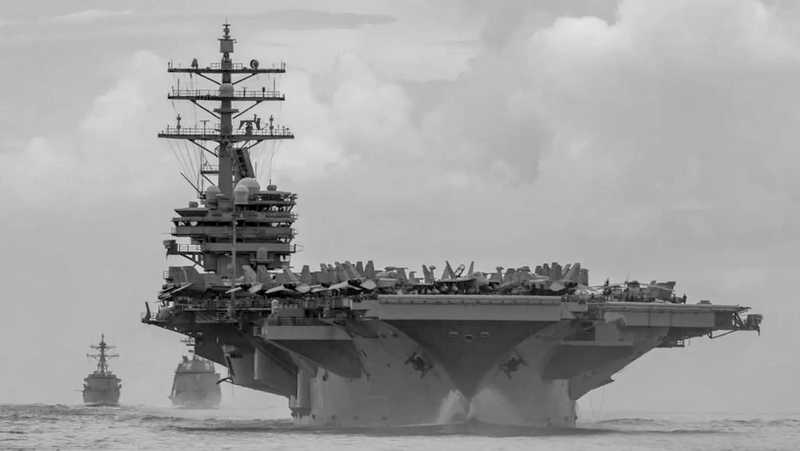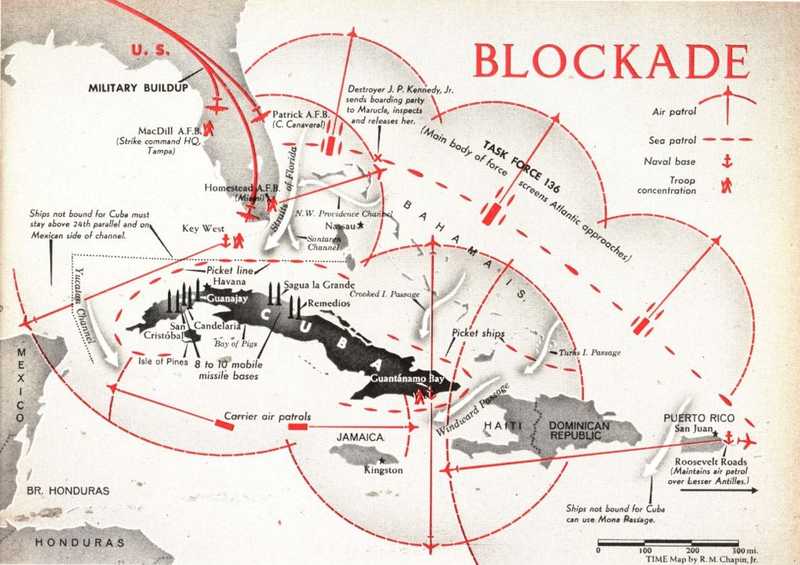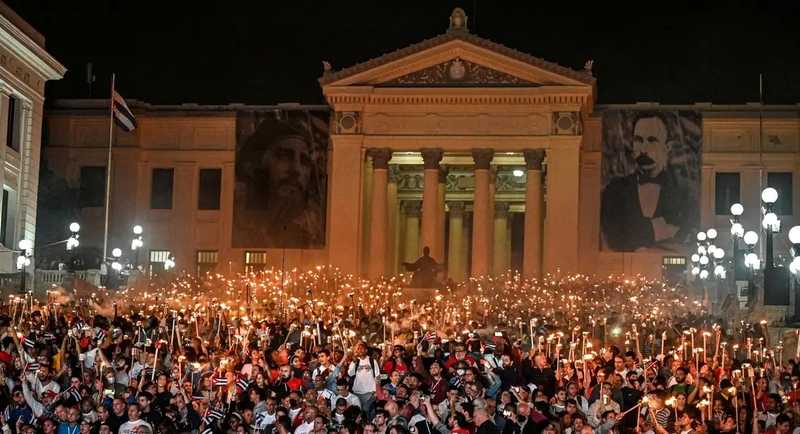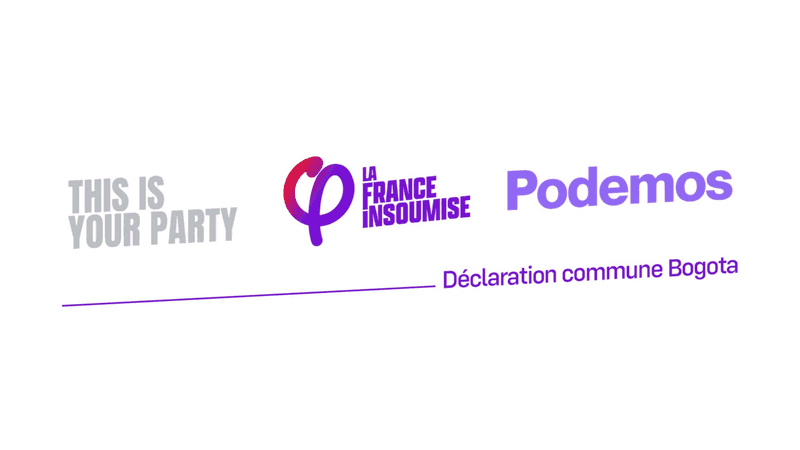
We cannot allow this 21st century to repeat the tragedies of the 20th. The so-called Cold War — a grinding economic and ideological conflict unconsummated on the battlefield for fear of mutual annihilation — proved unbearably hot for millions of people who fell in its path.
Unable to defeat the Soviet Union directly, the United States and its partners sought to crush the aspirations of peasants and workers across the Global South. From Pyongyang to Jakarta to Guatemala City, tens of millions were killed to dismantle any emergent centers of sovereignty and advance the imperialist mode of accumulation.
That process never ended. Instead, it escalated, with new attempts to secure imperialist domination through financialization, re-dollarization, technological dominance, and military escalation.
The North Atlantic Treaty Organization (NATO) is one part of that story. Founded in 1949 with the explicit mission of “deterring Soviet expansionism” and establishing a permanent “North American presence on the [European] continent”, it has continued to expand east long after the demise of Soviet power. Now, having gone as far in Europe as it can go, NATO has entered a dangerous escalatory path against a nuclear-armed adversary.
But the New Cold War reaches far beyond the European continent. As the US moves to encircle and contain China, NATO’s ambitions turn global. Adding to the dramatic militarization of the Pacific as part of the US’s so-called “island chain strategy”, NATO is deepening bilateral treaties with partners in the Indo-Pacific — expanding its mandate, extending far beyond its stated defence zone, and stoking division across the region.
The result is a renewed wave of violence against states that seek to chart a sovereign path — and, within those states, against national liberation movements leading that struggle. In South Asia, moves to stymie China’s Belt and Road Initiative have seen increased militarization and genocidal violence by state powers alongside the rearmament of extremist religious groups, accelerating the war against progressive forces in countries like Pakistan and Afghanistan. In Latin America, a new Monroe Doctrine asserts itself against renewed ambitions for sovereign development — and increased Chinese investment — from the north of Mexico to the south of Argentina. In Africa, the struggle to maintain access to resources and military bases has seen a dramatic uptick in violence from Congo to the Sahel. And in Gaza, a ceaseless assault — armed and aided by Western ‘allies’ — aims not only to annihilate the people of Palestine, but also to show the world the limitless violence that a New Cold War may unleash on all those who dare to challenge its contours.
The vision for our future put forward by this New Cold War is an anachronism. It promises to yank humanity back into a world of division and conquest just as nations and peoples are preparing to put the centuries-long era of violent domination behind them and welcome a new period of human cooperation — principles outlined in the UN Charter, a document adopted with unprecedented global consensus. We demand a future, while a New Cold War threatens to pull us into the past. The stakes could not be greater: life, or extermination; prosperity, or the collapse of the natural world.
In the 19th century, when Europe’s “five great powers” competed for the spoils of colonialism, Karl Marx looked towards a “sixth great power”: the revolution. “Long silent and retired, it is now again called to action by the...crisis,” he wrote. Today, workers and peasants are once again called upon to unite, organize, and mobilize — not only to resist the imposition of this New Cold War on our peoples, but also to build a new world in its place: democratic, decolonized, decarbonized, demilitarized, and socialist.
Signatories:
- Raj Patel
- Jodi Dean
- Ammar Ali Jan
- Demba Moussa Dembele
- Hilary Zhou
- Clarissa Mendoza
- Gerardo Pisarello
- Renata Avila
- Mariela Castro Espín
- Łukasz Kozak
- Vashna Jagarnath
- Ismat Reza
- Monica Valente
- Baba Aye
- Gacheke Gachihi
- Walden Bello
- Scott Ludlam




